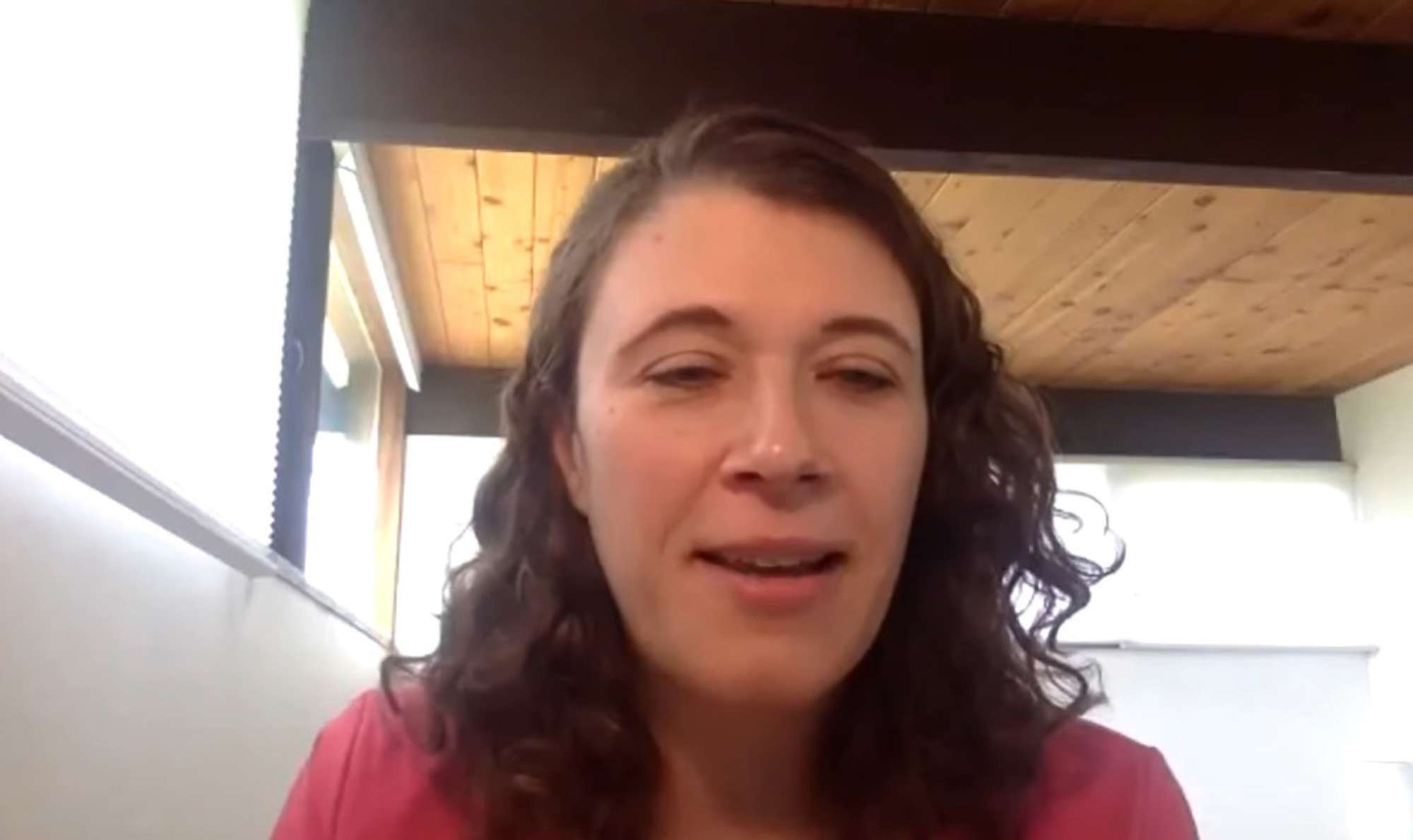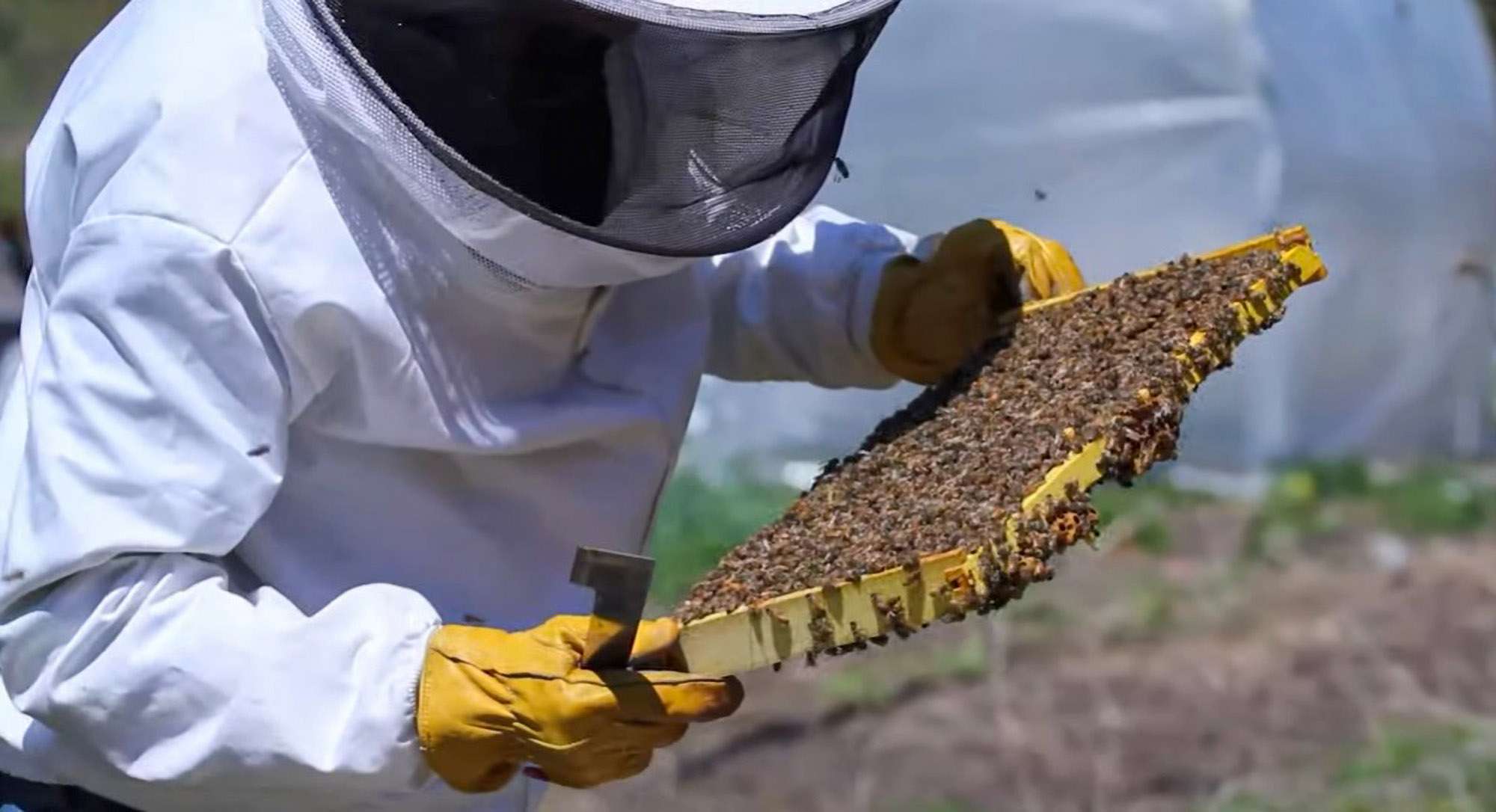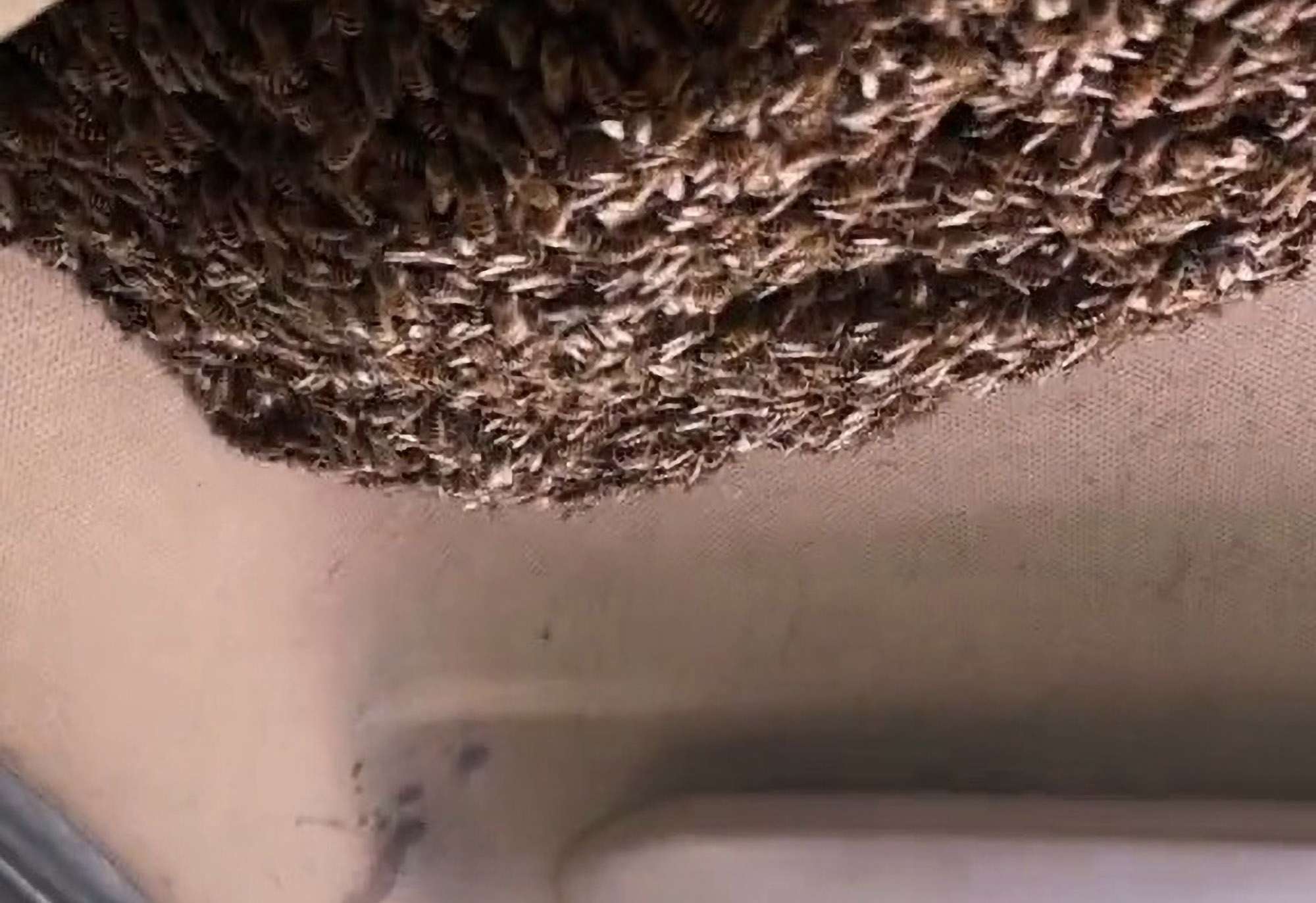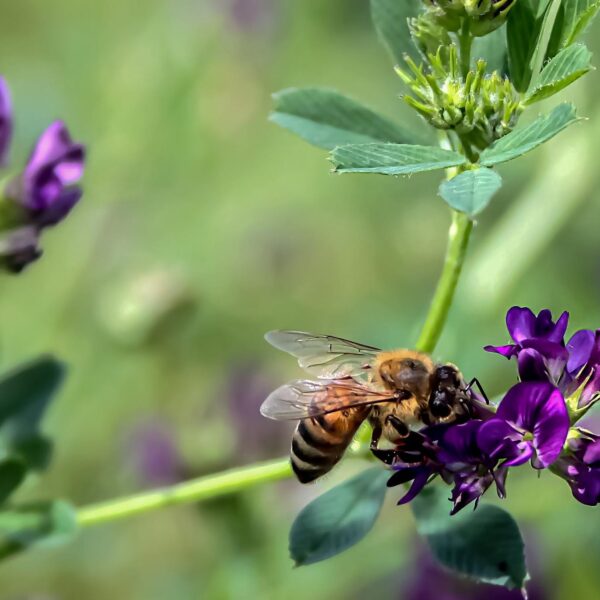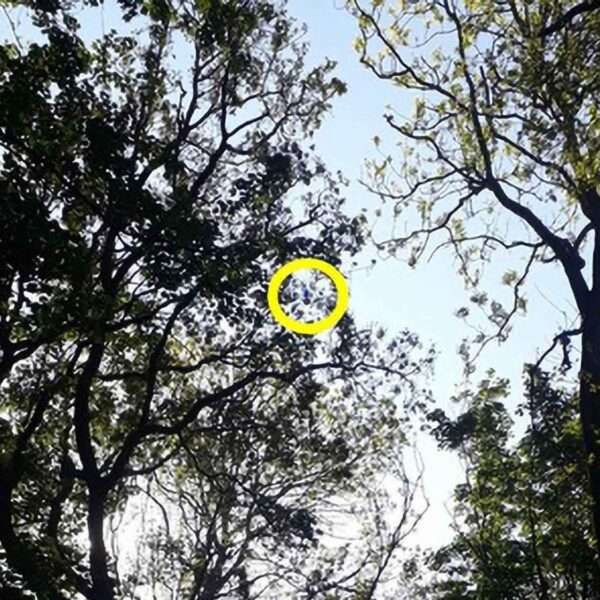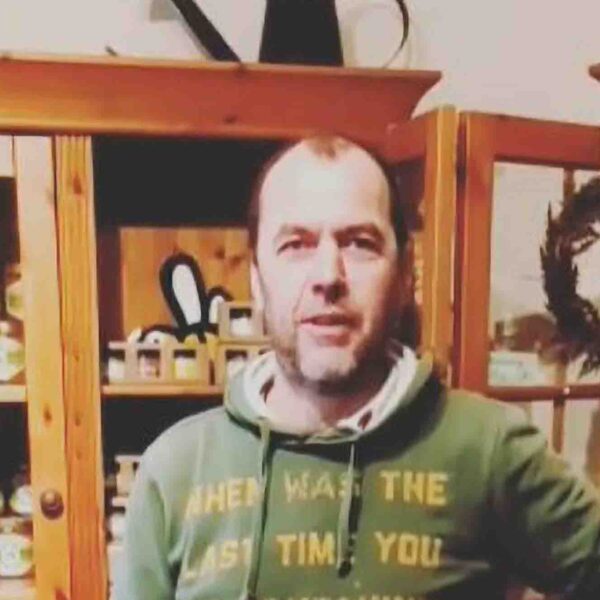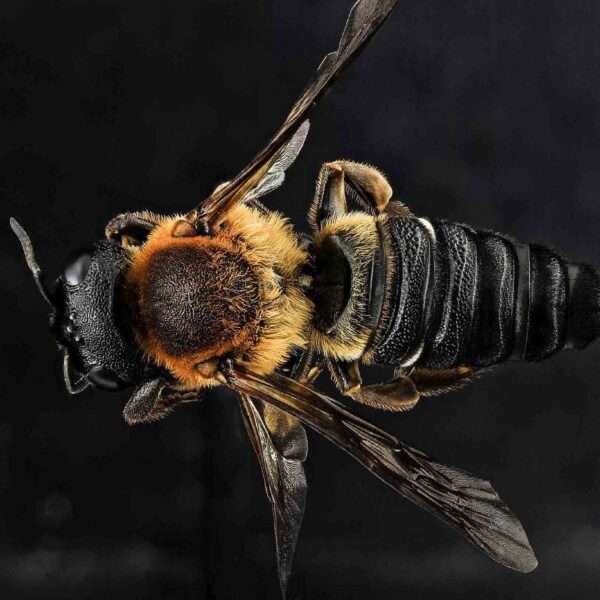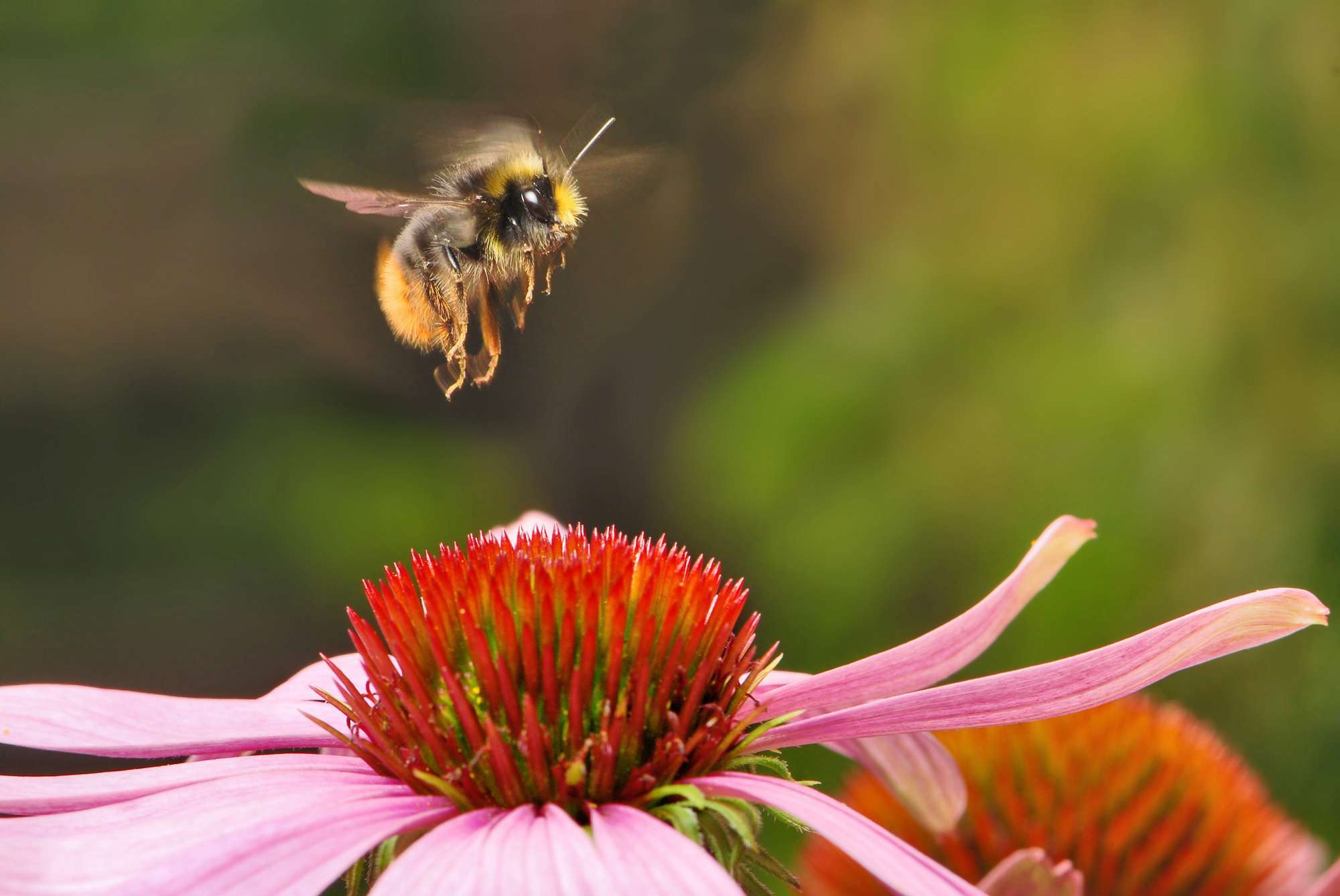A renowned entomologist has warned of the “serious implications” the ongoing decrease of pollinator populations is having on biodiversity and food production.
Prof Christina Grozinger from Pennsylvania State University (Penn State) said: “In the United States, 30 per cent or more of honeybee colonies die each winter.”
She added: “Studies suggest that populations of a quarter of all bee species globally, including half of all bumblebee species, have fallen significantly.”
The scientist – who directs the university’s Center for Pollinator Research – warned: “These declines have serious implications for natural ecosystems, agriculture and human nutrition.”
Prof Grozinger has co-authored studies concerning pesticides, the nutritional ecology of honeybees and the attractiveness plants are having on pollinators.
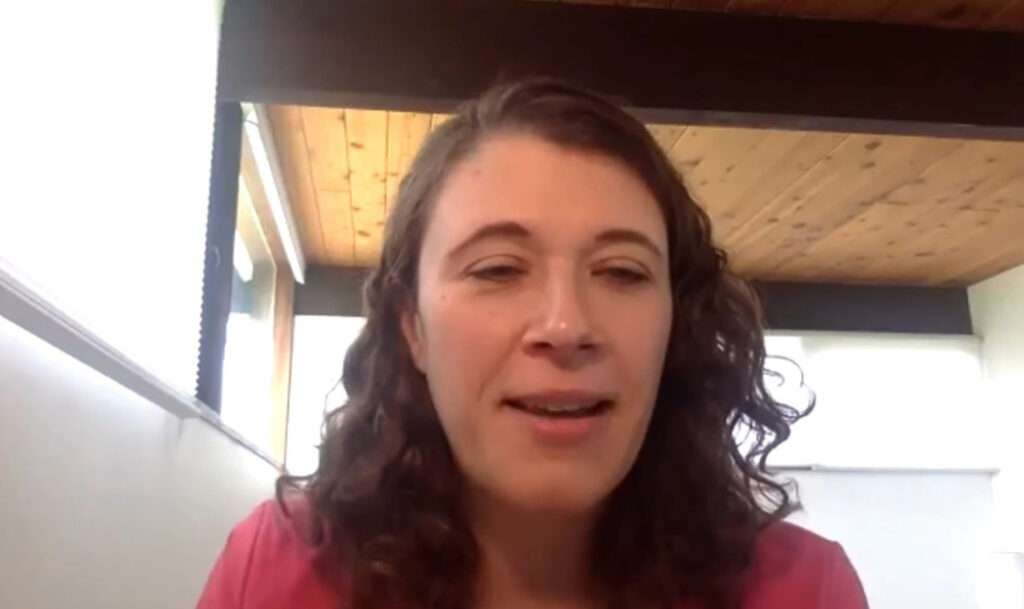
According to the entomologist, around eight in 10 flowering plants and more than seven in 10 major food crops depend on pollination.
Global warming, the application of chemical substances and construction-induced habitat loss have been identified as the major reasons for the continuing decline of bee populations.
Speaking to NewsX, Austrian biologist Dominik Linhard highlighted the positive effects even small-scaled protective measures could have.
Dominik – who works for the Austrian NGO Global 2000 – said: “We are trying to encourage people to create flower meadows and small biotopes. For biodiversity, it’s also important that lawns get mowed less often.”
He added: “Our goal is to motivate everyone who owns a balcony to prioritise insect-friendly plants. It’s important to abstain from using pesticides. Their application is causing great damage.”

